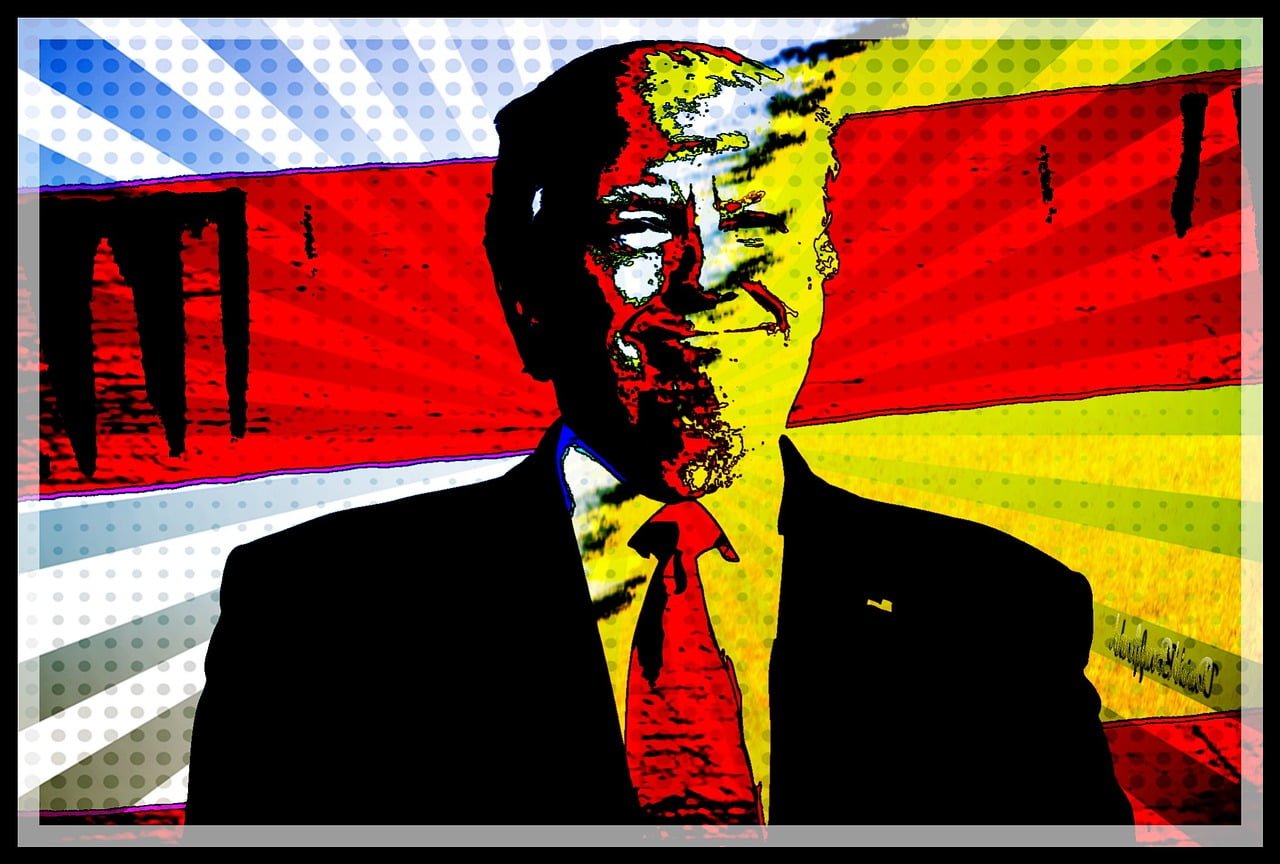Turkey and Armenia are trading accusations over responsibility for the apparent end of a nearly decade-long initiative to normalize relations between the estranged neighbors.
Armenian President Serzh Sargsyan said in a September speech to the United Nations General Assembly that Armenia would “enter the spring of 2018 without those futile protocols.” That news passed mostly unremarked in Turkey, until Armenian Foreign Minister Edward Nalbandian reiterated the announcement, explicitly blaming Turkey.
“Turkey came up with groundless preconditions that run counter to the letter and spirit of the protocols… Those documents cannot be held hostage forever,” Nalbandian said during a December 13 official visit to Greece. “Armenia will declare the protocols null and void since they continuously lack any positive progress toward their implementation.”
This time Ankara hit back: the Turkish Foreign Ministry issued a statement on December 14 saying that Nalbandian’s remarks “do not reflect the truth and [are] aimed at misleading world public opinion."
“Despite Armenia’s negative stance on the protocols, Turkey is committed to the primary clauses of the protocols” and the deal formally remains on the Turkish parliament’s agenda, according to the Foreign Ministry statement.
The so-called normalization protocols were signed in 2009 in Zurich by the Turkish and Armenian foreign ministers and brokered by the United States, Russia and France.
But within months of the breakthrough agreement, Recep Tayyip Erdogan -- then Turkey’s prime minister, now the country’s president -- said any final agreement would depend on a permanent resolution of the Nargono-Karabakh conflict. Sargsyan soon thereafter announced Armenia had suspended ratification. The two countries' shared 170-mile border remains closed today.
There had been some slim hope, however, that the two sides could revive the protocols for the sake of a diplomatic victory that would be useful for both Ankara and Yerevan.
For now, hopes appear dashed that the two countries could foster reconciliation, and move past the animosity generated by the genocide of a century ago.
“Despite the drama of the recent rhetoric, this war of words only reiterates the need for ‘normalization’ between Armenia and Turkey, and reminds each side that the promise for Armenia and Turkey far outweighs the peril of reopening the border and establishing diplomatic relations,” Richard Giragosian, director of the Regional Studies Center, a Yerevan-based independent think tank, told Eurasianet.org. “The outlook for Armenia-Turkey ‘normalization’ is neither as politically toxic, nor as topically poisonous as it seems.”
Now it appears as if both sides must return to the starting line. Garo Paylan, an Armenian-origin member of the Turkish parliament’s opposition, visited Yerevan just before Sargsyan's September announcement. He told Eurasianet that on his return he briefed Foreign Minister Mevlüt Çavu?o?lu. “He said, and I also say it, 'Those protocols are nothing, that is over, we have to start over,'” Paylan said. “We have to have a blank slate.”
Turkey’s determination to resolve the conflict in breakaway Nagorno-Karabakh first will likely hamstring any efforts at normalization. The Zurich agreement had sought to separate the complex issues plaguing Turkish-Armenian ties, and did not mention Nagorno-Karabakh, the genocide nor a deadline for ratification.
Ankara’s primary aim is to normalize ties with Armenia “in such a way that comprehensive peace and stability in the south Caucasus is provided. In this vein, it is necessary that in the settlement of the Nagorno-Karabakh conflict, progress is achieved, based on Azerbaijan’s territorial integrity,” the Turkish Foreign Ministry statement said. “In any case, Armenia must put an end to its invasion of Azerbaijan’s territories.”
Turkey severed diplomatic ties with Armenia in 1993 in support of Azerbaijan, with whom it shares close linguistic and trade ties.
The Turkish statement triggered another retort from Yereven on December 16.
"The Turkish side refused to ratify the protocols and intentionally moved the whole process to the stalemate. This was the very reason that compelled Armenia to suspend the ratification procedure, while staying in the normalization process,” media reports cited the Armenian Foreign Ministry statement as saying.
The Turkish Foreign Ministry maintains it was Armenia that saddled the protocols with preconditions. “It is a well-known fact that the Armenian diaspora was against the signing of the protocols from the outset and has been pressuring the Armenian government not to ratify them,” the Turkish statement said.
Turkey was also irked by Nalbandian’s comments in Athens that both ethnic Greeks and Armenians suffered genocide at the hands of Ottoman Turks during World War I. Turkey denies Armenian claims that 1.5 million Armenians were slaughtered in a state-orchestrated genocide. Turkish officials also dispute separate Greek claims that 500,000 or more compatriots were killed in the same period.
Turkish diplomats counter that Armenia should acknowledge responsibility for the 1992 killing of hundreds of ethnic Azeris in Khojali in Nagorno-Karabakh.
“Our expectation from Armenia is that it answers for one of the gravest crimes against humanity in recent history, the Khojali Massacre, rather than dealing with controversial historical events,” the Foreign Ministry statement noted.
Article by Ayla Jean Yackley, EurasiaNet






